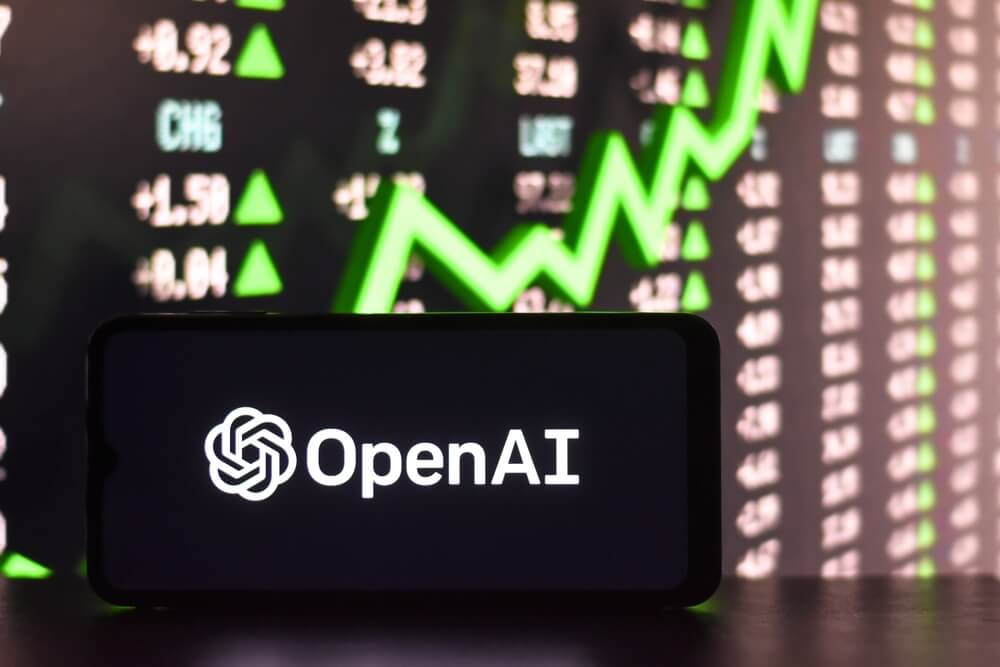OpenAI CEO Sam Altman says he won’t take his company public, wishing to remain in control of OpenAI and its popular AI chatbot technology.
Taking the company public would strip the CEO from the freedom to make strategic decisions, according to Bloomberg.
“When we develop superintelligence, we’re likely to make some decisions that public market investors would view very strangely,” Altman said at an event in Abu Dhabi.
The UAE event is the latest tour stop on the CEO’s Asia, Europe, and Middle East visits aimed at aligning views around diminishing AI’s potential harm to society and regulating the technology.
Read: How fake chatbots are misleading users to make profits
Some 3 weeks earlier, Altman Addressed the US Senate’s AI oversight subcommittee about the risks of AI, sentiments echoed around many parts of the world, calling for halting and regulating AI development.
OpenAI began as a nonprofit but now operates as a “capped-profit” company which allows OpenAI, the creator of ChatGPT, to generate external funds while remaining committed to the original nonprofit concept.
Buy-ins valuing OpenAI at nearly $30 billion
In April, OpenAI told employees it has finalized a tender offer that allowed some its 400 employees there to cash out their holdings and where investors buy rights to future OpenAI profits.
The startup has attracted new backers, in addition to the original investor Microsoft, which poured in $10 billion. Microsoft has integrated OpenAI’s APIs with its Azure infrastructure and later declared a GPT-4 addition to boost Bing, and compete with Google search capabilities.
Major VC firms such as Sequoia Capital, Andreessen Horowitz, Thrive and K2 Global came in as financial backers and acquired company shares, TechCrunch reported. The company amassed just over $300 million giving OpenAI a valuation ranging between $27 billion and $29 billion.
Altogether, TechCrunch sources estimate that outside investors now own over 30% of OpenAI.
ChatGPT and Generative AI have been a hit among youth and adults alike, attracting interest from all sectors of the economy, with businesses coming out with their own iterations to get more clients jump on the bandwagon, despite obvious ‘hallucinations’ or invented information ChatGPT is now famous for generating.
Millions of people around the globe have tested and played with ChatGPT, and hundreds of businesses began deploying GPT and ChatGPT into their products and services, sparking a race to speed up the roll out more and more versions and applications or large language models (LLMs). Google has launched Bard and Meta also introduced LLaMA as direct competition to ChatGPT.
Altman said at a recent AI conference. “We’ve been building the company for seven years. These things take a long, long time. I would say by and large in terms of why it worked when others haven’t: It’s just because we’ve been on the grind sweating every detail for a long time. And most people aren’t willing to do that.”
In addition to ChatGPT, OpenAI has its AI-based image-generation tool called Dall-E and speech recognition model Whisper AI.
For more on OpenAI, click here.








